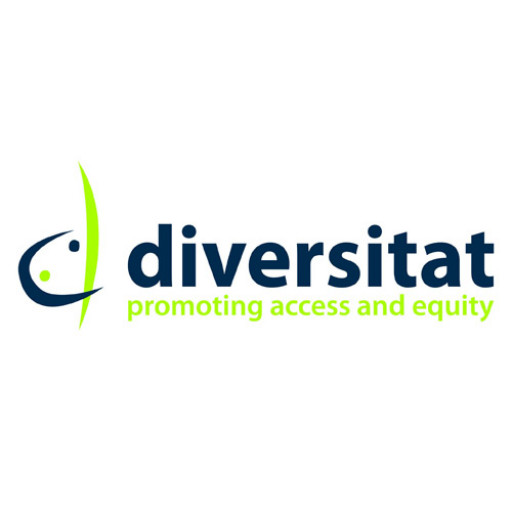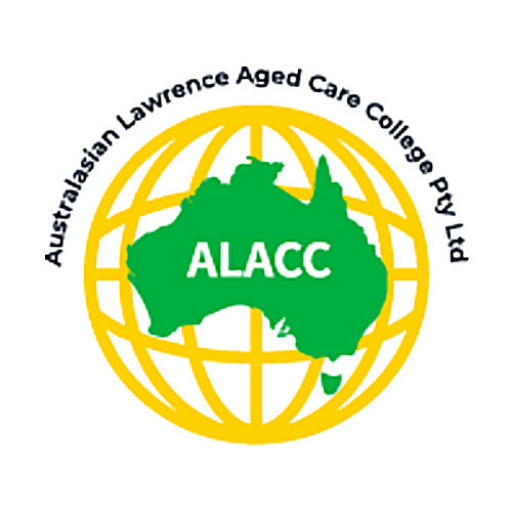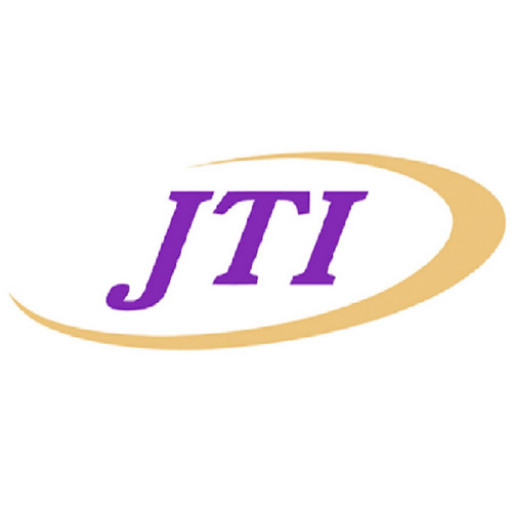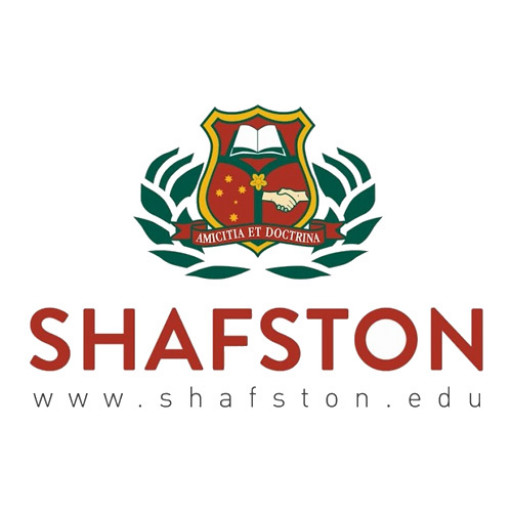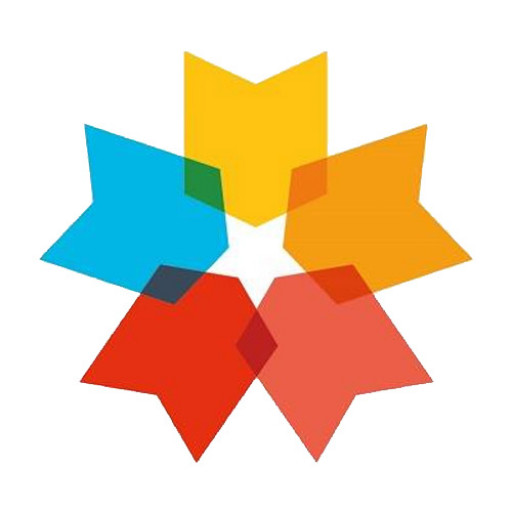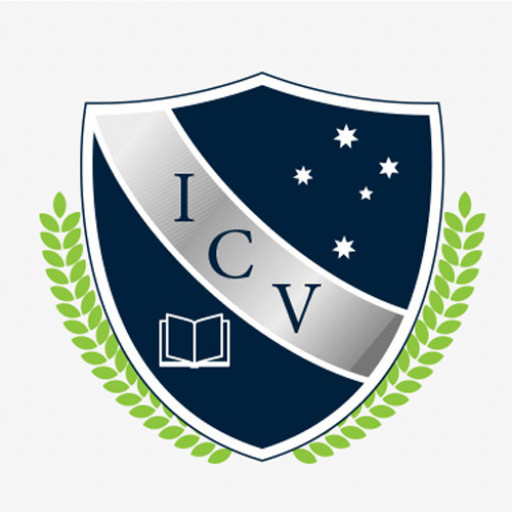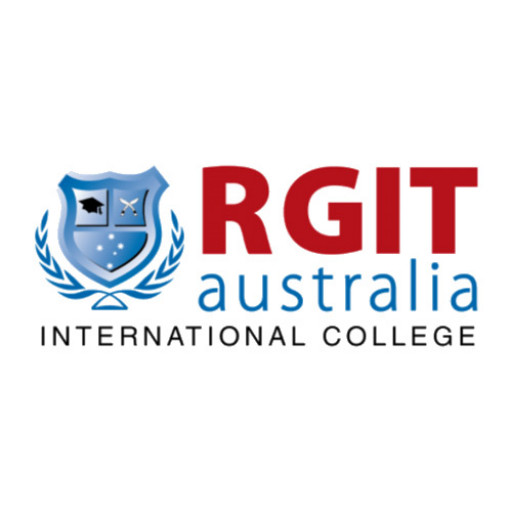The Early Childhood Education and Care program offered by Diversitat is designed to provide students with comprehensive skills and knowledge essential for working with young children in diverse educational and care settings. This qualification prepares graduates to support the holistic development of children from birth to age five, fostering cognitive, emotional, social, and physical growth through evidence-based practices and innovative teaching techniques. The curriculum emphasizes understanding child development stages, implementing inclusive and culturally responsive pedagogy, and ensuring the safety and well-being of children in compliance with national regulations and standards. Students will engage in practical placements within licensed early childhood education environments, gaining hands-on experience under the supervision of experienced educators. The program covers a range of core topics including child psychology, curriculum planning, observation and assessment methods, communication skills, and family engagement strategies. Diversitat’s approach integrates a strong ethical component, emphasizing the importance of respecting diversity and promoting equitable access to quality early childhood education. Graduates of this program are equipped to work in various roles such as childcare educators, preschool assistants, and family support workers, with the opportunity to further their qualifications or specialize in areas like inclusive education or developmental support. The program is suitable for individuals passionate about making a positive impact on children’s lives and contributing to the foundation of lifelong learning. With a focus on practical skills and theoretical understanding, the Early Childhood Education and Care program from Diversitat aims to prepare students for rewarding careers in the early childhood sector, supporting the holistic well-being and development of young children in their critical early years.
The Early Childhood Education and Care program offered by Diversitat is designed to prepare students for a rewarding career in the foundational sector of education. This comprehensive program provides learners with the essential knowledge, practical skills, and professional attitudes required to support the development, learning, and wellbeing of young children from birth to primary school age. Throughout the course, students will explore key areas such as child development theories, pedagogical practices, health and safety standards, and inclusive education strategies. The program emphasizes a holistic approach to early childhood care, ensuring future educators are equipped to foster nurturing, safe, and stimulating environments for children. Participants will engage in hands-on learning through supervised placements in real-world settings, enabling them to apply theoretical concepts in practical contexts and build confidence in their teaching abilities. Topics covered include communication and language development, play-based learning, observation and assessment techniques, and family engagement. The curriculum also addresses cultural competence and the importance of respecting diverse backgrounds to provide inclusive care. Students will learn about legal and ethical responsibilities, child protection procedures, and professional boundaries vital to working with young children and their families. The program is designed to be flexible, accommodating both full-time and part-time study options, and is suitable for individuals seeking entry into the early childhood education sector or those looking to enhance their existing qualifications. Graduates of this program will be well-prepared to pursue employment as early childhood educators, assistant teachers, or childcare workers in a variety of settings, including preschools, childcare centers, and community organizations. On completion, students will receive a nationally recognized qualification, which will open doors to numerous career opportunities in the rapidly growing field of early childhood education. The program at Diversitat is committed to providing high-quality education that promotes lifelong learning, professional development, and a strong foundation for fostering the next generation of learners.
Program requirements for the Early Childhood Education and Care qualification typically include a combination of academic prerequisites, practical experience, and adherence to industry standards. Applicants are usually required to have completed secondary education or an equivalent qualification recognized by the university. Some programs may specify a minimum grade or specific subject prerequisites, such as English or mathematics, to ensure foundational skills necessary for study. In addition to academic credentials, prospective students often need to demonstrate a genuine interest in working with young children, which can be evidenced through a personal statement or interview process.
Acceptance into the program may also depend on the satisfactory completion of a background check, including a valid working with children check or equivalent clearance, to ensure suitability for working with vulnerable populations. The program itself insists on completing a set number of hours of supervised practical placement in early childhood settings, such as childcare centers or preschools, which are integral to gaining hands-on experience. These placements are arranged in partnership with approved early childhood service providers and are essential for session assessments and skill development.
Students are expected to hold current certifications in first aid and CPR, typically obtained prior to or early in the program, to ensure safety during practical components. Some programs might encourage or require prior work experience in childcare or related fields, although this is not always mandatory. Language proficiency requirements might apply for non-native English speakers, generally necessitating IELTS or TOEFL scores meeting specified thresholds to ensure effective communication skills.
Throughout the course, students must adhere to the institution’s code of conduct, including compliance with ethical guidelines related to child welfare and professionalism. Additionally, students might need to undertake ongoing health and immunization checks, aligning with health and safety regulations for working with children. The program is designed to meet national and regional standards for early childhood education, ensuring graduates are equipped with the necessary knowledge, skills, and ethical foundation to work effectively in diverse early childhood settings.
The financing options for the Early Childhood Education and Care program at Diversitat are designed to provide accessible pathways for a diverse range of students. Tuition fees for this program vary depending on the student’s residency status, with domestic students typically benefiting from subsidized rates supported by government funding, while international students are charged full fees reflective of the program’s value and resources. Australian citizens and permanent residents often qualify for financial assistance through the Commonwealth Supported Place (CSP) scheme, which significantly reduces tuition costs and is part of the broader Australian Government Towards Degree and Other Higher Education Programs. Students enrolled in CSPs usually pay a Student Contribution Cost, which is set annually by the government, and may also be eligible for HELP (Higher Education Loan Program) loans to cover their student contribution fees, allowing for deferred payment until after graduation.
For students who do not qualify for government subsidies, the program offers various payment options including upfront payment, installment plans, and payment via approved financial institutions. Diversitat also facilitates access to scholarships and bursaries aimed at supporting students who demonstrate financial need, academic excellence, or are part of specific community groups targeted by the institution’s social inclusion initiatives. Many students finance their studies through a combination of personal funds, employment income, family support, and government assistance programs.
Moreover, the program is compatible with Australian Apprenticeships and Traineeships, which provide on-the-job training with paid employment, often leading to Queensland or Victoria government-funded subsidies that reduce overall study costs. International students enrolled in the program are generally required to pay full tuition fees upfront, although some scholarship opportunities may be available through external agencies or government-sponsored international student programs.
Diversitat also offers guidance and support for students applying for student loans, including detailed information about repayment obligations through the Australian Taxation Office (ATO). The institution actively encourages prospective students to explore all available financial aid options early in the application process to ensure they can adequately plan for the costs associated with the program. Overall, the financing of the Early Childhood Education and Care program is structured to maximize accessibility, support diverse student needs, and foster educational attainment through a variety of governmental and institutional funding avenues.
The Early Childhood Education and Care program offered by Diversitat aims to equip students with the essential skills and knowledge necessary to work effectively with young children in a variety of settings, including preschools, childcare centers, and community programs. The curriculum is designed to provide a comprehensive understanding of child development, educational theories, and practical teaching methods necessary for nurturing and supporting children's growth during their formative years. Throughout the program, students engage in a combination of theoretical coursework and practical placements that enable them to develop hands-on experience working with children in real-world environments. This experience is vital for fostering the skills needed to create safe, inclusive, and stimulating learning environments for young children.
The program covers key topics including child health and safety, developmental milestones, communication skills, and curriculum planning for early childhood education. Students learn how to observe and assess children's needs, implement developmental activities, and collaborate with families and community stakeholders. Additionally, the course emphasizes the importance of cultural competence and inclusivity in early childhood settings, preparing graduates to support diverse populations and understand the social and cultural factors that influence child development.
Graduates of this program are prepared to pursue employment in various roles within the early childhood sector, such as early childhood educators, childcare workers, preschool teachers, and development officers. They are equipped with the professional skills required to promote healthy development and early learning, and to implement best practices in early childhood education and care facilities. Many programs also emphasize the value of ongoing professional development and lifelong learning, encouraging graduates to stay updated with emerging research, regulations, and educational strategies within the field.
Overall, the Early Childhood Education and Care program at Diversitat offers a balanced approach of theory and practice, fostering the capabilities necessary for students to become compassionate, innovative, and effective early childhood professionals. The program's focus on early intervention, child-centered pedagogy, and collaborative teamwork reflects current trends and standards in early childhood education. With an increasing demand for qualified early childhood practitioners, graduates are well-positioned to contribute positively to their communities and support the development of future generations.
